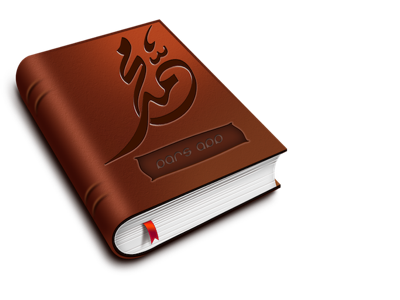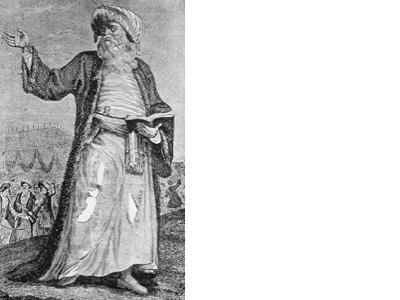Sign up for FlowVella
Sign up with FacebookAlready have an account? Sign in now
By registering you are agreeing to our
Terms of Service
Loading Flow



In the hadith, the term was generally used to refer to the spiritual community of Muslims, with less emphasis on the notion of ummah as a social unit. By the time of Muhammad's death in 632 C.E. the meaning had narrowed, referring to the exclusive religious community of the Muslims. This had profound implications in Arabia, where tribal warfare had long been the norm. Under the leadership of Muhammad, and subsequently the first caliph Abu Bakr, tribal and kinship ties were replaced with common membership in the ummah. As Islam spread, the ummah rapidly expanded to include new converts in a wide variety of geographical locations. However, in later times and even today within the post-industrial world, the ummah is usually defined as Muslims living within the same national boundaries or belonging to the same tribe of culture.
Preserving and protecting the unity of the ummah, whether defined regionally or nationally is an important concern for Muslims, and the community as a whole bears responsibility for this. According to some traditions concerning the Day of Judgment, souls will be collected in groups according to their ummahs, and will be judged according to the actions of the group before being judged according to their individual actions.
After Muhammad's death the early Muslims agreed that unity would best be protected by a single leader, called a caliph. Under the first four caliphs (the Rashidun) between 632 and 661 C.E., the Islamic empire was ruled by a consensually agreed upon caliph (though there was some dispute by those who later developed into the Shi'a), and the ummah was a political, social, and legal reality as well as a spiritual one. However, historians have argued that there has never existed an Islamic 'state' since this early period because the kingdoms that were created after Ali's assassination in 661 C.E. were Arab kingdoms, and not Islamic ones; they did not adhere to the teachings of Muhammad and the chosen caliphs were merely figureheads of religious authority. After the fall of the Abbasid Caliphate to Mongol invaders in 1258 C.E., the religiously-inspired notion of the ummah survived primarily as a powerful communal reality.